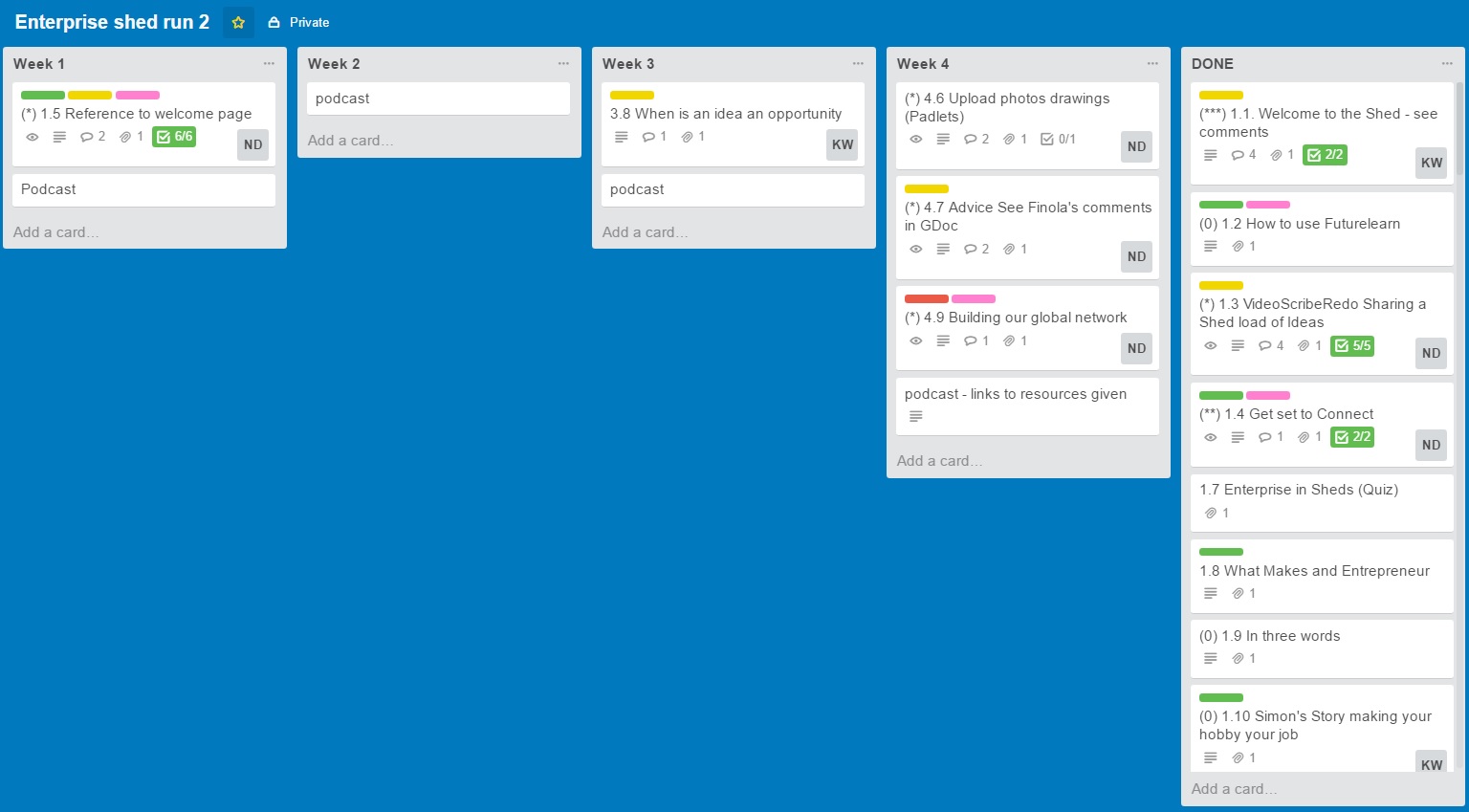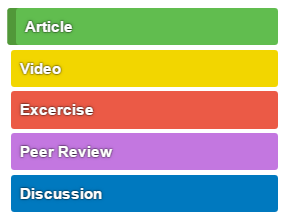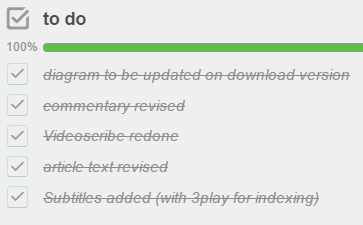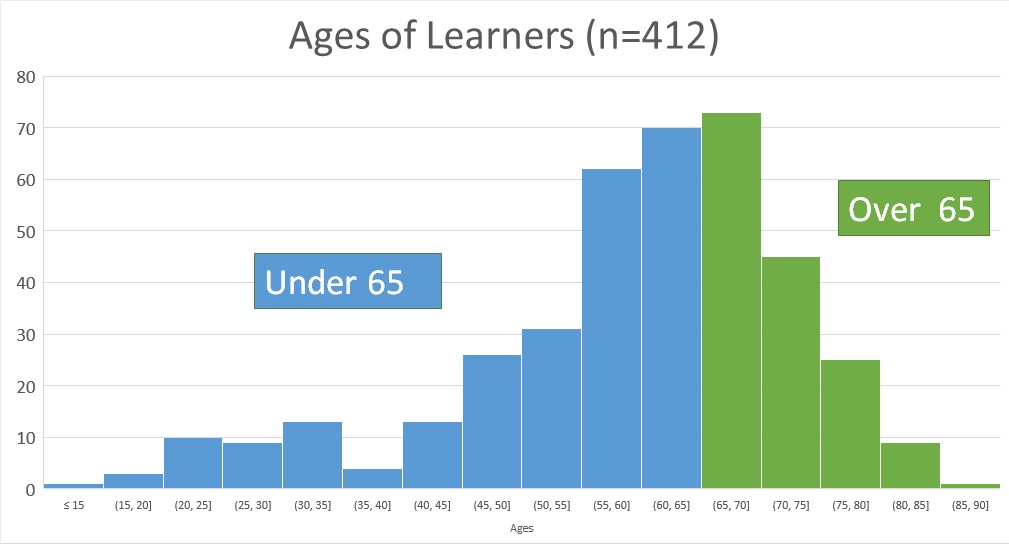Despite being commonly prescribed, opioids account for more reported drug errors than any other high-risk medication (Alanazi et al, 2016). They represent a significant patient safety and public health issue.
A new free online course from Newcastle University will help healthcare professionals increase their knowledge of the basic pharmacology of opioids so they are better able to prescribe opioids safely and effectively in the treatment of cancer-related pain.
Opioid Analgesics: Treating Pain in People with Cancerstarts on 29 July and is designed to increase safe prescribing and monitoring practice for this patient group. This three week course covers the pharmacology of opioids, principles for safe prescribing, the rationale for prescribing opioids to treat cancer pain and the proactive management of adverse events.
This course is for qualified healthcare professionals who prescribe opioid drugs and/or care for patients who are taking opioids anywhere in the world. It will be of particular use to general practitioners, palliative care specialists, acute hospital practitioners (surgical and medical disciplines), pharmacists and those with an interest in pain management, including medical and non-medical prescribers and those professionals involved in monitoring and supervision of opioid prescribing.


Opioid Analgesics: Treating Pain in People with Cancer is led by Dr Victoria Hewitt and Dr Paul Coulter. Vicky is a Specialist Palliative Care Physician and Curriculum Director for Masters programmes in Oncology and Palliative Care at Newcastle University, and has a special interest in safe medicines management at end of life. She has been blogging about the course here. Paul is a Consultant in Palliative Medicine, based at the Queen Elizabeth Hospital in Gateshead.
“I believe strongly that we have a moral obligation to use open courses to widen access to medical education and improve patient outcomes. Lack of education for prescribers has been recognised as contributing to the so-called “opioid crisis” and was highlighted by the Gosport War Memorial inquiry. Despite this, few courses about opioids are currently available outside the field of specialist addiction services.
This MOOC has been designed to address this unmet educational need and expands Newcastle Unversity’s profile within the global cancer and palliative care communities, positioning it as a key influencer of national and international opioid-prescribing agendas”. Dr Victoria Hewitt
Sign up now at: www.futurelearn.com/courses/opioid-analgesics


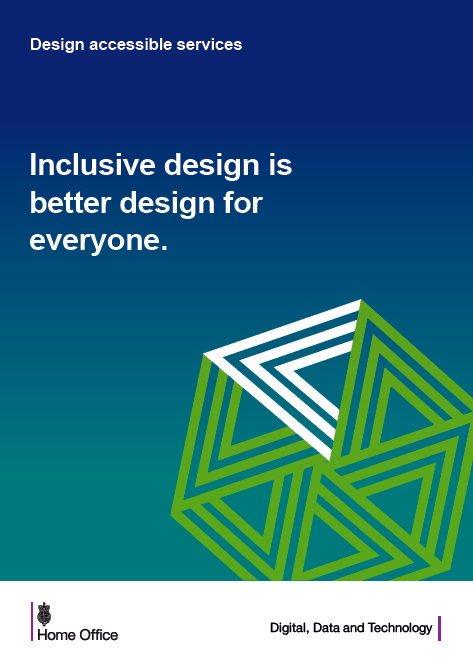

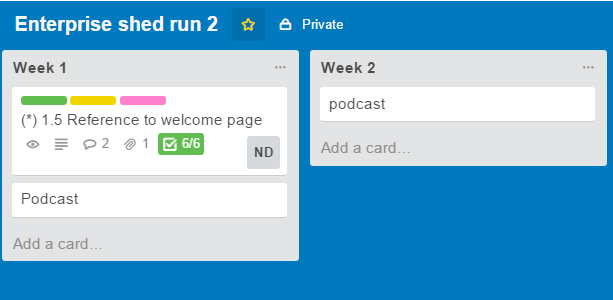 T
T